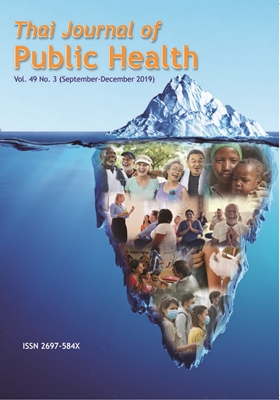Comparison of Social-media-based and Paper-based Educational Tools Aimed at Improving Knowledge of Folate and Neural Tube Defects in Female University Students
Keywords:
Folate and neural tube defects, female university students, education intervention, social media, improving knowledgeAbstract
Growing internet usage has resulted in increased popularity of web-based tools in nutritionand health education. This research aimed to determine which education delivery medium, Facebook or leaflet, was most successful at increasing knowledge of folate and neural tube defects (NTD) in female university students. This quasi-experimental study (pre-test post-test comparison group design) involved three groups: Facebook folate and NTD education group (FBed) (n=53), leaflet folate and NTD education group (LFed) (n=49) and comparison group (n=47). Socio-demographic information was collected via a questionnaire at pre-test, and participants completed a folate and NTD knowledge quiz at pre-test and post-test. The Wilcoxon signed rank test was used to determine within-group pre-test post-test differences in folate and NTD knowledge score. Between-group differences in knowledge were determined using the Kruskal-Wallis test and the Mann-Whitney U test. Pre-test knowledge of folate and NTD did not differ between the three groups (p=0.408). Post-test knowledge of folate and NTD in both education groups was greater than in the comparison group, and knowledge score in the LFed group was higher than in the FBed group (all p<0.001). Less engagement with the media in the Facebook group could help to explain their lower post-test knowledge scores compared with the leaflet group. Leaflets may be most effective at improving folate and NTD knowledge, and future studies should focus on developing interventions that result in long-term improvements in knowledge and behavioral change.
Downloads
Published
Issue
Section
License
Creative Commons License CC-BY-ND


